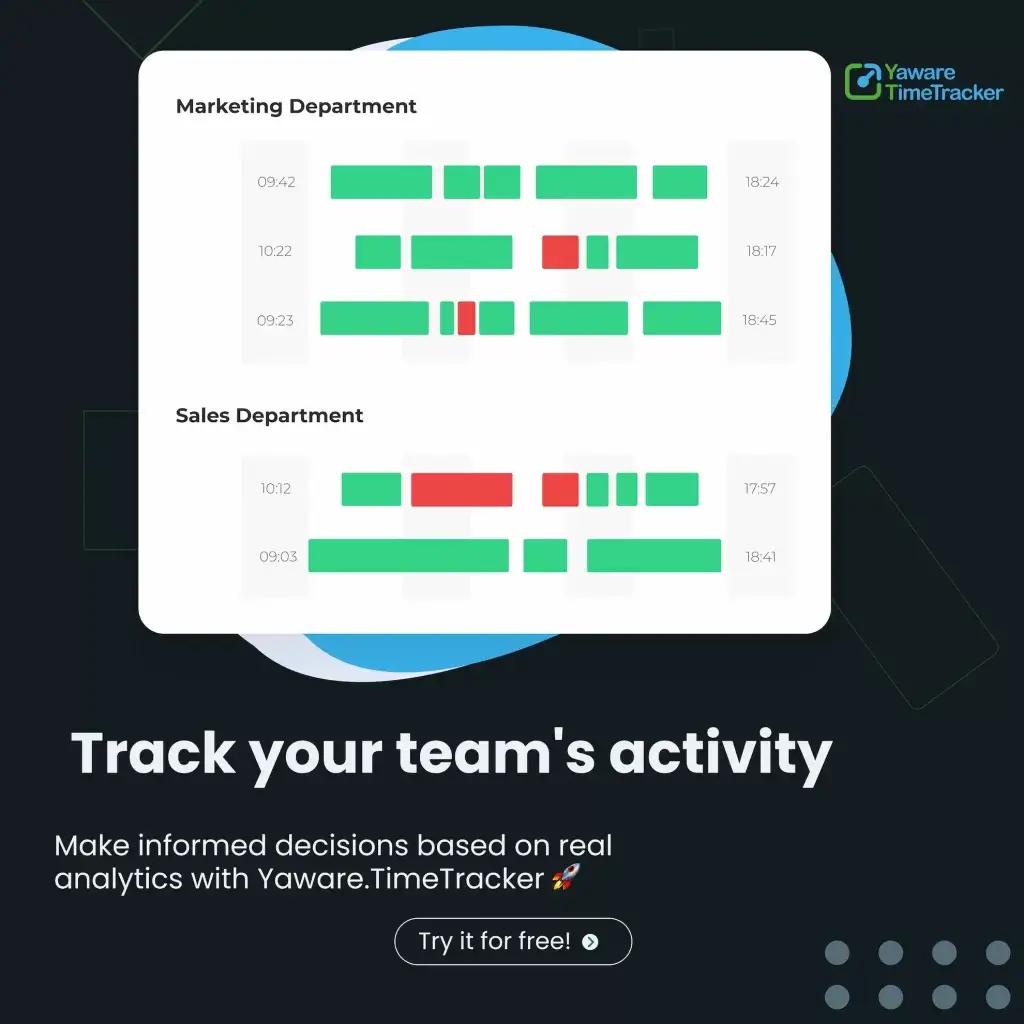Why Companies Are Moving Toward a Shorter Workweek
The concept of a 4-day workweek is gaining momentum as companies look for ways to improve work-life balance, reduce burnout, and increase employee satisfaction. While shorter workweeks promise many benefits, a major challenge remains—how to maintain high productivity levels with fewer working hours.
A reduced workweek requires more than just cutting one day from the schedule. Without proper planning, workload management, and time optimization, businesses risk delays, lower efficiency, and missed deadlines. To succeed in this transition, companies need structured strategies to ensure employees stay productive while working fewer hours.
The Productivity Challenges of a 4-Day Workweek
A shorter workweek can lead to significant productivity gains, but only if time is managed effectively. Some organizations fail to prepare adequately, leading to compressed work schedules, increased stress, and inefficiencies in task execution.
Common Productivity Pitfalls in a 4-Day Workweek
- Unstructured work processes. Without clear priorities, employees may struggle to complete tasks on time.
- Poor workload distribution. Some team members may be overloaded, while others may have gaps in their schedules.
- Inefficient meetings. Excessive meetings consume valuable time and reduce actual working hours.
- Lack of performance monitoring. Without insights into time usage, businesses may face declining productivity.
- Inadequate time management tools. Without automation and tracking, companies cannot assess efficiency in real-time.
Addressing these challenges is crucial to making a 4-day workweek successful without sacrificing performance.
How to Maintain High Productivity with Fewer Work Hours
To make a shorter workweek effective, companies must streamline workflows, eliminate inefficiencies, and ensure employees focus on high-value tasks. This requires a combination of better planning, smart automation, and performance tracking.

Strategies to Optimize Productivity in a 4-Day Workweek
- Prioritize tasks based on impact. Focus on high-value activities that drive results.
- Limit unnecessary meetings. Replace long discussions with concise updates or asynchronous communication.
- Implement structured time management techniques. Encourage focused work sessions using the Pomodoro technique or time blocking.
- Automate repetitive tasks. Reduce manual work with productivity tools and AI-powered assistants.
- Monitor workload distribution. Ensure that tasks are fairly allocated to prevent burnout.
By integrating these strategies, companies can maximize efficiency without extending working hours.
How Time Tracking Enhances Efficiency in a 4-Day Workweek
A time tracking system provides real-time insights into how employees manage their workloads, helping organizations maintain high productivity despite fewer working days. Tracking work hours ensures that teams stay focused, identify inefficiencies, and optimize schedules for maximum efficiency.

Yaware Time tracking helps businesses adjust to a shorter workweek by showing where time is spent and where optimizations can be made.
Key Benefits of Time Tracking for a Shorter Workweek
- Analyzes time spent on tasks. Helps identify inefficiencies and areas for improvement.
- Reduces wasted time. Highlights non-essential activities that consume valuable working hours.
- Optimizes task prioritization. Ensures employees focus on the most critical work.
- Prevents burnout. Tracks workload balance to avoid overloading employees.
- Enhances accountability. Encourages employees to manage their time more effectively.
With real-time insights, managers can fine-tune schedules and maintain performance even with reduced work hours.
The Future of Work: Productivity Without Overwork
The transition to a 4-day workweek is a significant shift that requires strategic planning, time management, and performance tracking. By optimizing workflows and leveraging time tracking tools, businesses can sustain high productivity while offering employees better work-life balance.
🎯 Get ready for the future of work! Sign up for Yaware.TimeTracker and optimize your team’s efficiency with 14 days of free access.

